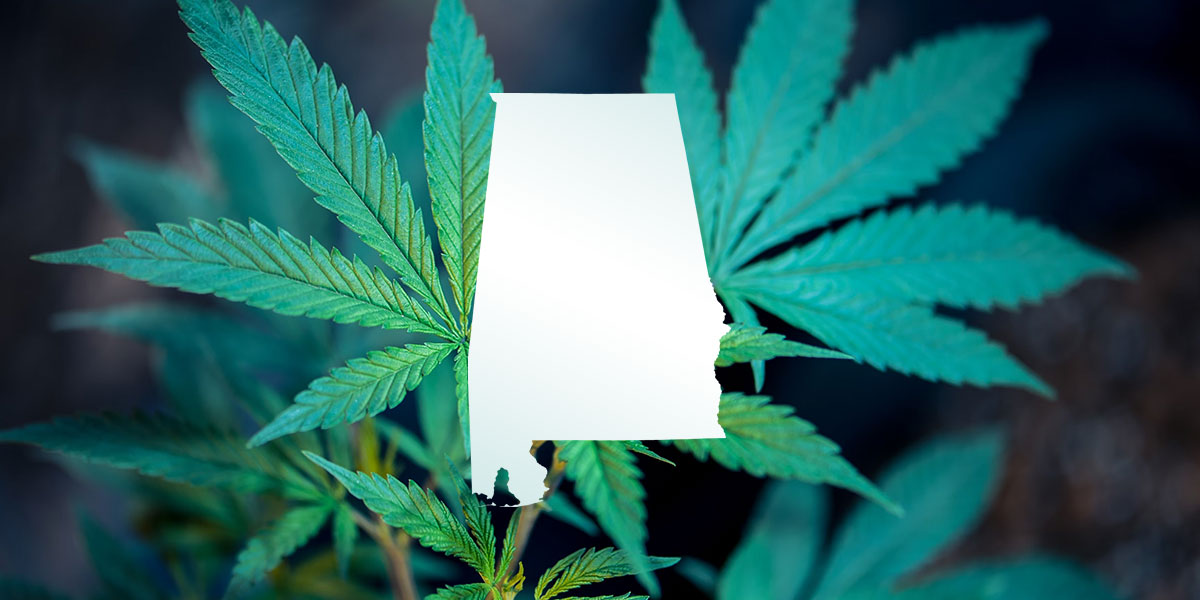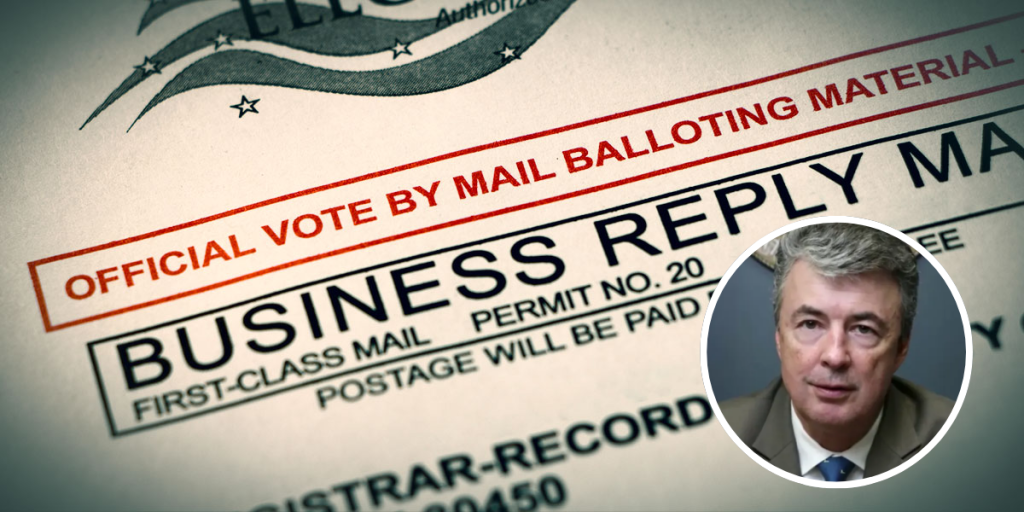A new state law regulating the sale of hemp-derived products took effect in Alabama on July 1, following a Montgomery County judge’s denial of a request to delay its implementation.
House Bill 445 (HB445), signed into law by Governor Kay Ivey in May, introduces new restrictions on consumable hemp products containing compounds such as delta-8 and delta-10 THC. Yellowhammer News reported earlier that the law bans smokable hemp products and imposes requirements related to age limits, product testing, labeling, licensing, and taxation. Retailers must obtain a license through the Alabama Alcoholic Beverage Control Board and comply with a 10% excise tax on retail sales. The law also limits the sale of products to those 21 and older and prohibits online and direct shipment sales.
RELATED: Alabama cracks down on hemp-derived THC sales with enactment of new law
On Monday, four hemp companies filed a request for a temporary restraining order to prevent the law from taking effect on July 1. Montgomery County Circuit Judge James Anderson denied the request but stated that the law does not prohibit interstate shipping of hemp products. The judge indicated that a separate temporary restraining order related to interstate commerce may still be issued and asked the parties to submit proposed language.
The new law also limits consumable products to 10 milligrams of THC per serving and restricts packages to no more than four individually wrapped items. Retailers must ensure that products are independently tested and labeled with THC content by January 1, 2026.
Following the court decision, some hemp businesses began removing inventory that does not comply with the new requirements. According to WSFA, certain stores estimate that a majority of their current products now fall outside legal limits. The Alabama Wellness Collective, a group representing stakeholders in the industry, has projected significant economic impacts, including job losses and potential closures of retail locations. According to the news outlet, the Alabama Wellness Collective estimates that the law may result in upwards of 2,000 layoffs, or approximately 87% of Alabama’s retail hemp businesses.
Supporters of the law believe it protects children from marijuana products and makes the products that remain available safer.
FOX10 News reported that several business owners, including the owner of the state’s first hemp dispensary founded in 2018, have begun the process of closing due to the changes required by the law. Jennifer Boozer, the owner of CannaBama shared with FOX 10 that she had already lost three locations during the COVID-19 pandemic which depleted her finances, and her current business could not absorb the financial losses the new law will bring.
HB445 repeals earlier allowances for psychoactive cannabinoids and creates a new compliance fund to support enforcement. The Alabama Attorney General’s office has stated that enforcement actions have already taken place at stores found to be selling products in violation of prior state laws.
Full implementation of the law is scheduled for January 1, 2026.
Sherri Blevins is a staff writer for Yellowhammer News. You may contact her at [email protected].













